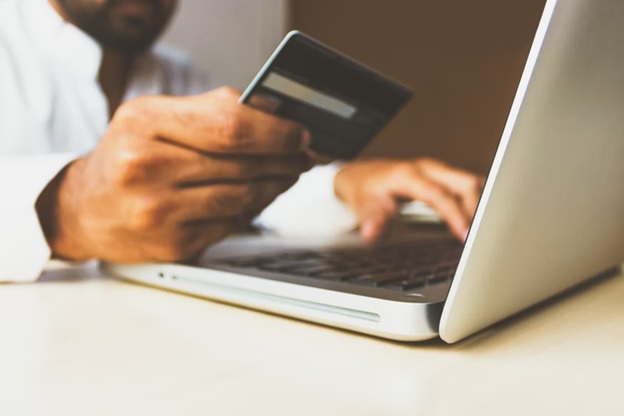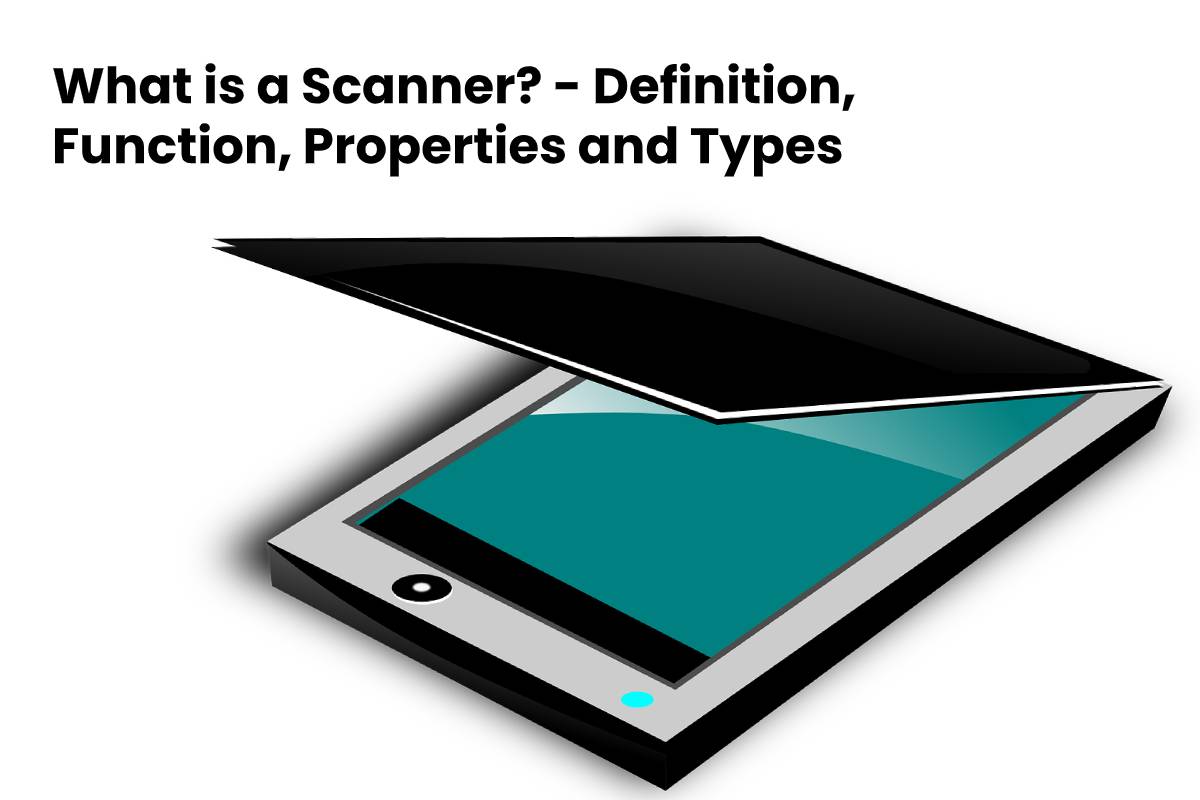
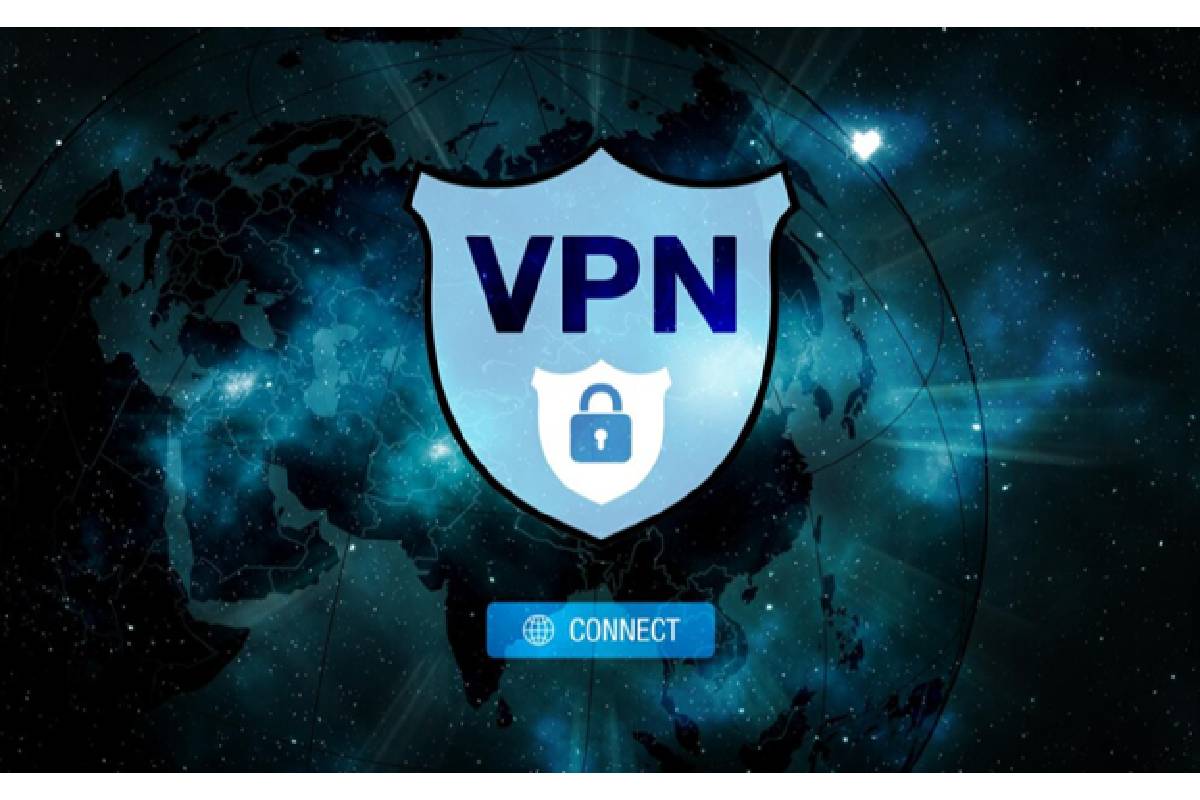
Boost Your Online Security with the Top Free VPNs
Why Online Security Is Your New Best Friend
Living in a world that’s more wired than a Christmas lights display, we’re constantly sharing data, photos, and those clandestine meme collections. With cyber criminals lurking behind every click, protecting your personal info has moved up the priority list. Think of it as putting a lock on the digital versions of your favorite cookies.
What’s the Deal with Privacy?
Privacy isn’t just a buzzword—it’s the foundation that keeps your internet experience tidy and safe. When you search, you build a trail of footprints—and surprise, surprise, the wrong guys can track them. That’s why everyone wants a shield.
The VPN: Your Digital Superhero
Enter the Virtual Private Network (VPN)—the cape that lets you browse anonymously, keep your data route private, and dodge those pesky network trackers. Think of it as a secret tunnel that redirects your traffic so no one else can sniff the data along the way.
Why VPNs Beat Other Tools
- Encrypted traffic means hackers can’t eavesdrop.
- Connect to a different country—your IP address gets a fresh identity.
- Access geo‑restricted content without the “glitch” humor.
Choosing the Free VPN That Won’t Break the Bank
What Makes a Free VPN Stand Out?
- Zero Ads or Counter‑Intelligence: Some free services sneak in pop‑ups or track you—watch out!
- Strong Encryption: Look for AES‑256 to keep your data locked tighter than a vault seal.
- Unlimited Bandwidth: Don’t be stuck watching only 5 minutes of your favorite series.
Top Free VPN Picks (in No Particular Order)
- ProtonVPN – Offers unlimited data, but with 3 server locations in the free tier.
- Windscribe – Gets you 10 GB per month and a generous ad‑blocker.
- TunnelBear – User‑friendly with 500 MB on the free plan (simple for quick needs).
Pro Tips for Staying Safe While Using a Free VPN
Keep Your Software Updated
Yes, even free VPNs might get a patch update. Don’t let old software become your digital buddy; it can leave you exposed.
Beware of “Unlimited” Promises
Claiming unlimited is a marketing fad—most free services have hidden limits or throttle speeds. Be skeptical, and if you notice weird lag, test an alternate provider.
Don’t Forget to Log Out of Secure Sites
After you finish your browsing spree, terminate any sessions that might be lingering—especially on financial or sensitive sites. A quick logout means fewer chances of someone hijacking that session.
Wrap‑Up: Your Phantom Shield Is Ready
Now that you’re armed with the knowledge that online safety matters, the protective cloak of a VPN, and a list of trustworthy free services, you can finally cruise through the digital realm like a stealthy cat burglar—only without the actual thievery.
So pick your VPN, keep a sharp eye on your data, and enjoy the internet with the confidence that your secrets stay just that—secret.
Understanding Online Security
Keeping Your Digital Life Safe: A Conversational Guide to Online Security
Hey there! In our hyperconnected world, we toss a lot of personal stuff onto the internet. From heart‑felt text‑messages to bank statements and top‑secret office files, your data is constantly on the move. That’s why online security is more than just a buzzword—it’s your shield against data theft, hacking, and accidental loss.
Why You Care About It
Think of the internet as a bustling city: lots of traffic, and sometimes, people try to grab a bundle of yours. By securing your information:
- Protects your privacy—so nobody can snoop on your personal stuff.
- Safeguards finances—preventing unauthorized credit card charges.
- Preserves professional confidentiality—keeping sensitive business data from prying eyes.
Key Strategies to Stay Ahead of the Bad Guys
1. Use Strong Passwords (and Keep Them Secret)
Don’t use “12345” or “password.” Try something that mixes letters, numbers, and symbols. A front‑loaded tip: consider a password manager—it’s like a digital safe that remembers all the keys for you.
2. Enable Two-Factor Authentication (2FA)
When you log in, you’ll get a second step—often a code on your phone. It’s a tiny extra hurdle that stops most cyber‑crimes. Even if someone steals your password, 2FA keeps the door locked.
3. Keep Software and Apps Updated
Whether it’s your phone’s operating system or a computer’s antivirus, updates often patch security gaps. Think of them as routine house repairs—better to fix them now than later.
4. Be Wary of Phishing Scams
Suspicious links, odd emailing, strange attachments—don’t take the bait. Verify the sender, confirm the authenticity, and if something feels off, it probably is.
5. Secure Your Wi‑Fi Network
Use a strong network password, enable WPA3 if available, and give your router a unique, uncluttered name. Also, turn off guest networks unless you truly need them.
Wrap‑Up: A Tiny Change Big Payoff
Online security isn’t a one‑time effort; it’s a continual lifestyle tweak. By practicing secure habits, you protect everything from your embarrassing selfies to your company’s trade secrets. Just remember: a little caution goes a long way in a digital jungle. Happy, safe surfing!
The Importance of Privacy
Keeping Your Digital Cloak On
In the whirlwind of the digital world, privacy is the sturdy shield that lets us tiptoe through the internet without leaving crumbs of our personal life for everyone to snack on. Think of it as the secret “I don’t want the world to know I binge‑watch that sci‑fi drama” cloak.
Why Your Privacy Matters
- Control is key: You’re the captain of your data ship. Nobody should sail it for you.
- Protection vs. exploitation: Lovable ads might look harmless, but they can harvest bits of your identity—sometimes turning your “just bought a loaf of bread” into a targeted pitch for artisanal cakes.
- State safeguards? Only if you’re comfortable: Governments might justify their snoops with “security” swirling in the air, but remember you’re still the only one with the “I’m not dead” affirmation sticker.
How to Beef Up Your Digital Defense
- Use strong, unique passwords: Mix numbers, symbols, and capital letters. Think of it like a lock that has to outsmart a squirrel.
- Enable two‑factor authentication: A second zeal for your login—like a second lock that only you know the key to.
- Be cautious with permissions: For every app, ask yourself: “Do I really want this to see my birthday party photos?” Don’t obfuscate; keep it simple.
- Stay informed: Follow privacy news and download reputable privacy‑first tools. Knowledge + action = A silent guardian.
Picture yourself as the protagonist of your own story. Owning your privacy is the plot line that keeps the narrative yours. It empowers you to write the next chapters—free from unwelcome spoilers.
The Role of a VPN
Why a VPN is Your New Digital Secret Agent
Picture your online life as a plain‑spoken diary on a public wall. A Virtual Private Network (VPN) is the ultimate cloak‑and‑dagger technique that keeps that diary locked, secret, and yourself the only one who can read it.
Encryption: Turning Your Data Into a Secret Code
When you browse, every click and scroll is like a secret note. A VPN scrambles that note into a jumbled, indecipherable string that only you and the VPN server can decode. In plain terms: nobody can eavesdrop on what you’re doing online.
IP Masking: The Invisibility Cloak for Your Digital Address
Your IP address is your digital home address—what the internet sees when you hop online. A VPN masks that address so websites can only see a random, anonymous “ghost” address instead. The result? Your real location stays under wraps, and data‑gathering sites can’t track you.
Key Take‑aways
- All of your internet traffic is protected by strong encryption.
- Your IP address is hidden, keeping your location private.
- The combination of secrecy and anonymity keeps your privacy flag flying high.
Next time you’ll be streaming, shopping, or just surfing the web, remember your VPN is the silent guardian that keeps your data safe, your location hidden, and your online adventures private. It’s like having a superhero, but for your internet connection—without the cape.
Choosing the Best Free VPN
Choosing the Best Free VPN: A Quick Guide
1⃣ Keep Your Secrets Safe with Strong Encryption
Your data deserves a vault, not a open‑book. Look for a VPN that wraps your traffic in 256‑bit AES encryption – the same thick shield used by banks and governments. It’s the digital equivalent of a steel cage.
2⃣ No‑Logs, No Drama
Want to keep your online adventures confidential? Pick a VPN that doesn’t keep logs of what you do. A strict no‑logs policy means the provider won’t store or track your clicks, searches or chats.
3⃣ Want to Clip, Zoom, and Browse Around the World?
Server variety matters. The more server locations you have, the more options you get for speed and flexibility. Think of it as a worldwide travel guide for data.
4⃣ Speed Is King, Speed Is God
A good free VPN must stay fast and stable. Otherwise, it’s like trying to read a novel on a dial‑up connection – grumpy scrolling and never ending buffering.
5⃣ Works on My Devices?
Check that your Windows, macOS, Android, and iOS devices can all run the VPN. No one wants the dreaded “not supported” pop‑up in the middle of a game.
6⃣ When You Need a Hand, Who’s Behind the Curtain?
Reliable customer support is vital for hiccups, questions, and playing the “tech support” button like a pro. A friendly support team can turn a glitch into a giggle.
7⃣ Rules of the Land: Adherence to Privacy Laws
Make sure the VPN follows privacy laws in its home country. It’s like having a passport – you want it stamped by authorities you trust.
Bottom Line
Picking a free VPN is a blend of technology, policy, and, sometimes, sheer luck. Keep the list above handy, cross‑check your needs, and else you’ll be surfing the safest waves with serenity and a grin.
Advantages of a Free VPN
Why Free VPNs are Your Secret Superpowers
- Keep Your Digital Footprint Invisible – A free VPN cloaks your IP address, making it almost impossible for websites and ad trackers to pin down your online habits.
- Safe Travels on the Public Wi‑Fi Highway – Whether you’re grabbing a coffee or a coffee shop, the VPN encrypts everything you send, guarding your data from nosy hackers.
- Unlock the World’s Hidden Gems – Think region‑locked shows or restricted news. A VPN lets you hop to servers on the other side of the globe and binge or browse freely.
- Money‑Saving Efficiency – Enjoy the same basic security perks without shelling out cash. It’s a no‑cost, high‑value safety net for your digital life.
Got a free VPN? Treat it like a trusty sidekick—keep your privacy, stay safe, and explore the internet without borders.
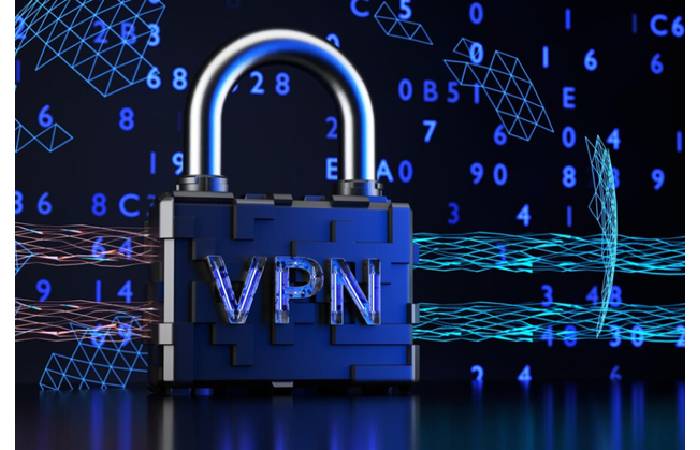
Tips for Using a Free VPN Securely
Shield Your Online Playground: Free VPN Hacks to Keep Your Data Safe
1⃣ Keep Your VPN Fresh
Why it matters: Your VPN is like a protective bubble – the newer, the tighter. Updating ensures you get the latest security upgrades and bug squashing.
Quick tip: Set it to auto‑update or pop a reminder every few months.
2⃣ Lock It Down with a Bullet‑proof Password
The secret sauce: A strong, unique password is the front line defense against snoops. Think “12$Tr*ngP@ssw0rd!” – random, mixed, and no repeated patterns.
Pro trick: Use a password manager and whip an improbable combination for your VPN.
3⃣ Feed Your VPN the Kill Switch
What it does: A kill switch cuts your internet straight down the middle if the VPN hiccups, preventing any data leakage.
Daily check: Hit the toggle on when you install or update, and tune it on for extra peace of mind.
4⃣ Stay Wary of Free VPN “Magic”
The catch: Some free services keep a diary of your every click. Only choose providers with solid reputations and transparent data usage.
Buddy check: Look up independent reviews before signing up.
5⃣ Decode the Privacy Policy
Why it matters: It’s the rulebook showing how your data is treated—shared? Stored? Monitored?
Action plan: Quickly skim the key clauses, or use a summarizer tool that breaks it into plain language.
Follow these steps, keep your digital life wrapped in a reliable virtual cloak, and enjoy browsing with a smirk of confidence. Happy surfing!
Conclusion
Why a Free VPN Might Be Your New Super Power
Staying safe on the internet is like trying to keep a secret in a crowded party – it takes a little extra effort. Luckily, a top‑notch free VPN is the easiest way to bypass the noise, cloaking your data and keeping prying eyes at bay.
Protect Your Personal Data
Think of your browsing as a story you don’t want to share with every random stranger who trips over the back door. A reputable free VPN encrypts everything you do online, acting as a digital shield that prevents WFH bosses, advertisings bots, or those nosy neighbors from snooping on your personal info.
Choosing the Right Free VPN
Here are a few things—no, more than that— you should double‑check before you pick your digital sidekick:
- Zero‑Log Policy: Make sure it doesn’t record your footprints.
- Secure Protocols: Look for OpenVPN or WireGuard; they’re the castle walls out of the internet.
- Speed Matters: Nobody likes a sloth VPN, especially when streaming a new episode or gaming.
- User-Friendly Interface: You should be able to connect with a single click, not a PhD in networking.
- Proactive Leak Protection: Avoid DNS or IP leaks that could expose your real location.
Tips for Using Your Free VPN Responsibly
Even a decent VPN isn’t a magic wand. Keep these best practices handy:
- Keep Software Updated: New versions patch vulnerabilities.
- Stay Aware of Limits: Most free plans cap data or bandwidth; plan accordingly.
- Check for Ads: Some free VPNs serve ads – make sure you’re not secretly paying for an ad service.
- Regularly Test for Leaks: Websites can test if your IP leaks; it’s a quick sanity check.
- Respect Local Laws: Even encrypted, some URLs might be restricted in your region.
With the right free VPN chosen, and a handful of safe‑usage habits, you can stroll online worry-free, knowing your digital footprints stay confidential—just like keeping your favourite dance moves just for yourself.

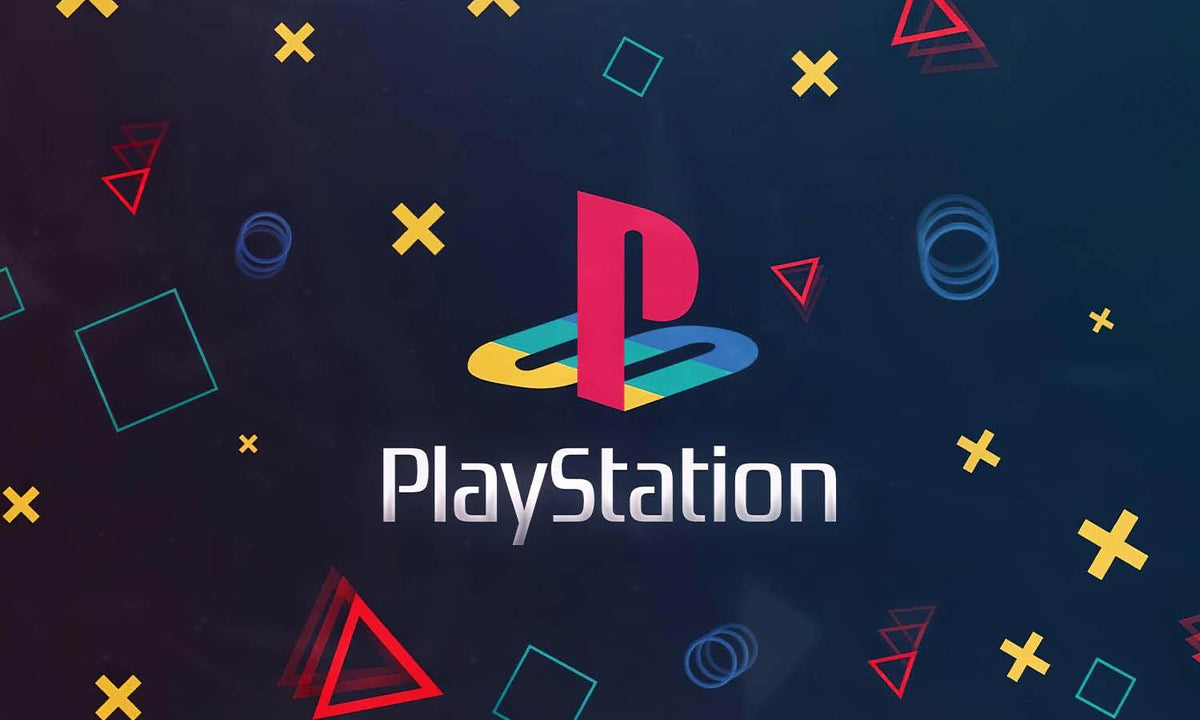


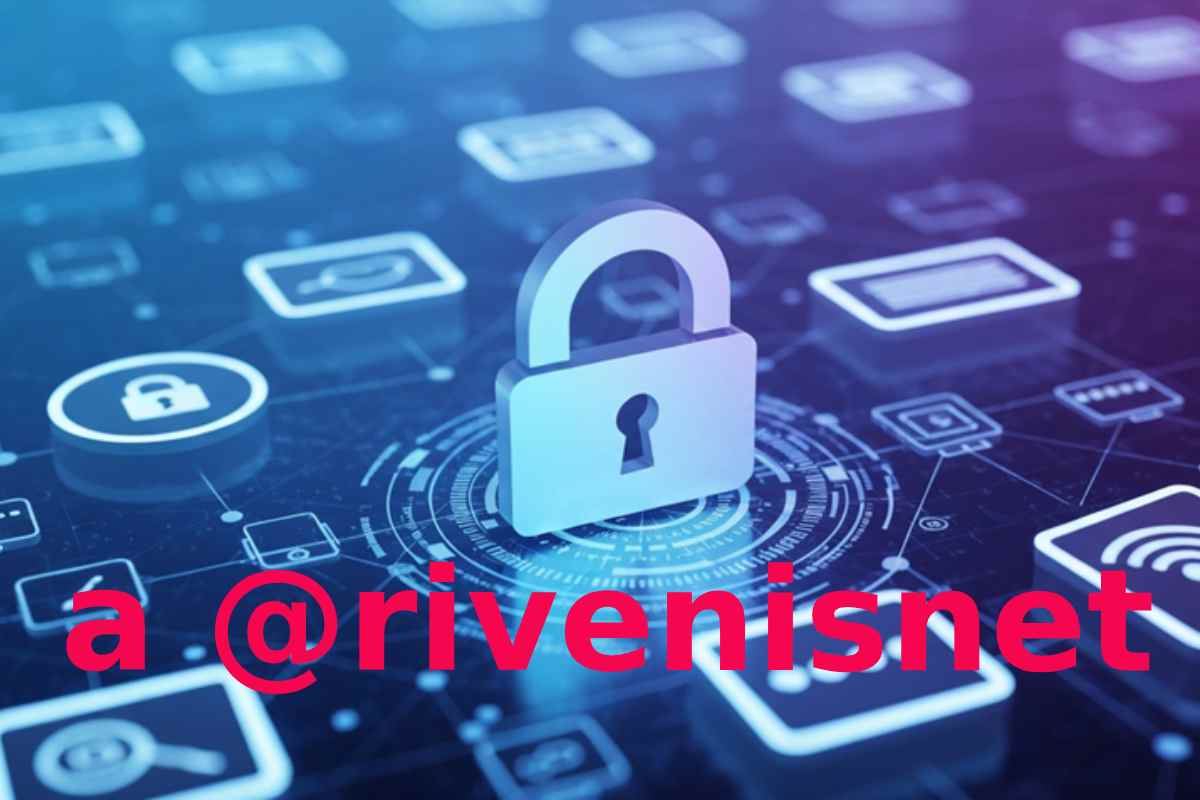
![Ways IT Industry is Changing the World [2025] Ways IT Industry is Changing the World [2025]](https://www.computertechreviews.com/wp-content/uploads/2025/04/IT-Industry.jpg)
